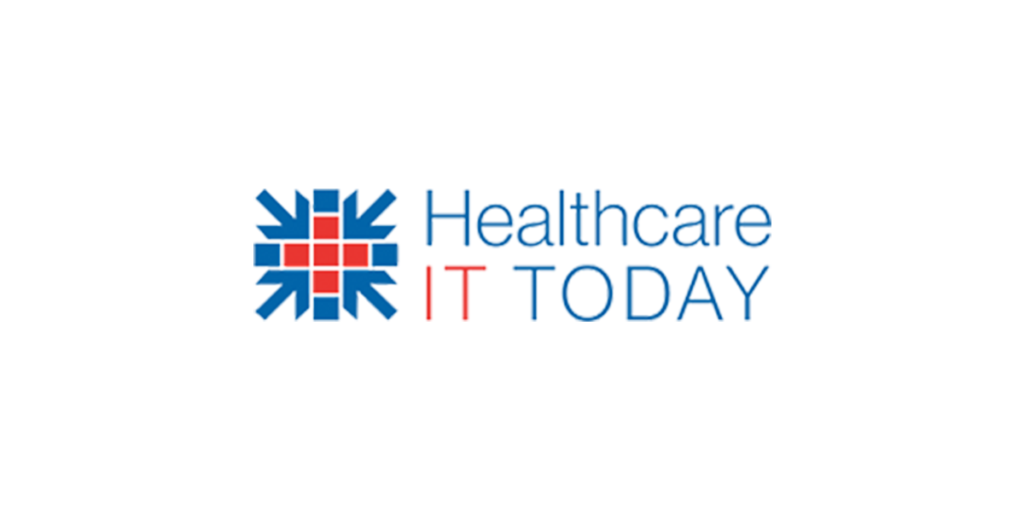Transparency and Data Sharing Can Also Ease Patient Burn-Out
By John Lynn
Grace Cordovano, PhD, Founder of Enlightening Results, co-Founder of Unblock Health, and a devoted patient advocate, says that administrative burdens and failures at data sharing affect more than clinicians and administrators: These glitches in the healthcare systems also contribute to burn-out among patients and their families.
Cordovano and Colin Banas, MD, MHA, Chief Medical Officer at DrFirst, talk in this video about recent regulatory advances in data sharing and how both clinicians and patients are helped by transparency in bureaucratic areas such as prior authorization.
Cordovano says that patient access to data has advanced a great deal over the past five years, but that “friction points” still exist. For instance, reports from test results might be in language that can’t be understood by non-specialists. When prior authorization is denied, patients as well as clinicians should see the reasons what is demanded of them. People are dying while waiting for authorizations, she says.
Banas says that he often has to repeat imaging because he can’t get an image fast enough from another organization. Even when data is exchanged smoothly, the systems often lacks “semantic interoperability” and the clinicians have to re-enter the data manually into their system.
He praises the data sharing promoted by the federal government, including TEFCA and recent rulings on prior authorization. He says approvingly that the ONC is “going beyond nudging” now toward greater interoperability.
Both Cordovano and Banas are enthusiastic about AI. Cordovano says that patients are already using AI: For instance, entering their list of symptoms into a generative AI service, or using it to write letters of medical necessity. She calls on the medical industry to make patients “co-creators” in developing AI models.
Banas realizes that AI is currently being used in relatively safe applications such as visit summaries, but thinks that clinical decision support through AI is coming.
Watch the video for more ways in which interoperability and AI are making inroads in health care.
Check out the article on Healthcare IT Today.

















